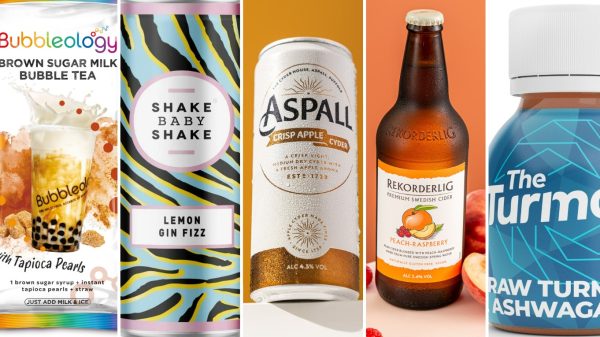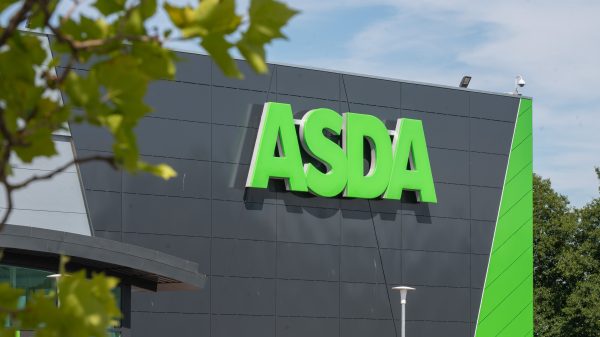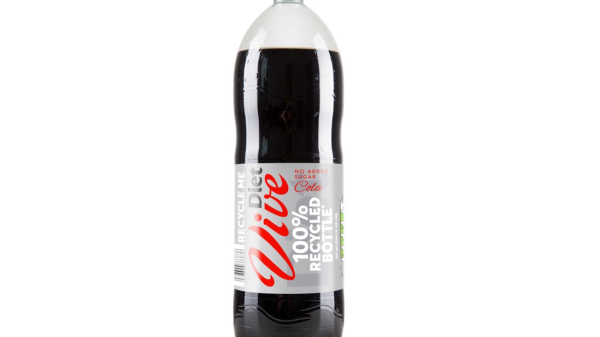As 2023 draws to a close, we look back at Grocery Gazette’s best bits. Today, we look back at our investigation over the summer into what impact HFSS restrictions have really had.
Last October, the government changed the grocery landscape by introducing a ban on high in fat, salt or sugar (HFSS) products from key supermarket and convenience store locations.
From crisps and chocolate to cereal and snack bars, any items deemed ‘unhealthy’ have been banished from the prime grocery store real estate of store entrances, gondola ends and checkouts in a bid to steer shoppers towards healthier alternatives and limit England’s obesity levels.
But has the new legislation had any impact so far?
Data provided to Grocery Gazette by insights experts Reapp shows that HFSS crisp sales in British supermarkets have actually surged 17% in the first six months of the ban’s introduction.
This suggests that shoppers have simply switched how they shop and are hunting for snacks typically found at checkouts and gondola ends in aisles.
Krispy Kreme CEO Mike Tattersfield believes that shoppers can be “trained” to look for products elsewhere.
He told the Financial Times in May: “Whenever you have regulations that kick in, customers still continue to look for what we do,” he says. “I don’t see the world changing to kale cake for their break every single day.”
Making healthier products
That’s not to say that the restrictions have had no impact.
HFSS-compliant doughnut brand Urban Legend’s co-founder, Anthony Fletcher – who was previously CEO of Graze.com, – says that the regulations are working as they have forced producers to make their products healthier.
With products deemed ‘unhealthy’ banned from prime store locations, many of the world’s leading food and drink manufacturers were quick to reformulate their products in order to remain in key spots.
Fletcher says: “One thing you can’t deny is that major manufacturers who have made significant changes to their products and become compliant look like they have benefitted versus their competitors.
“It isn’t just about changing consumer behaviour, it is also demonstrating that you can remove the sugar and fat from products and incentivise people to do that.”
PepsiCo crisp brand Walkers is one of the leading players looking to boost snack sales from selling healthier alternatives. It is striving to reduce the levels of fat, salt and sugar in its portfolio, with 30% of sales are now from healthier snacks.
However, Reapp’s data shows that sales of healthier crisp alternatives were down 12% in the six months to April 2023.
A big driver for the behaviour could be the squeeze on budgets as the average price for healthier crisps is 18p higher than the HFSS version at £1.69 per unit, according to Reapp.
This trend is not replicated across all categories with non-HFSS cereal volume sales up 33.67% due to the reformulation of many customer favourites, according to Reapp.
Fletcher says the legislation has brought new opportunities for healthier brands.

Healthy doughnut brand Urban Legend have been stocked in more prominent positions since the HFSS restrictions were introduced
Urban Legend hadn’t long existed when the HFSS restrictions were brought in but he says the brand has benefitted from the rules and is now stocked in some of the most prominent locations at stores across the UK, including in Tesco and Sainsbury’s, replacing unhealthier alternatives.
Fletcher tells Grocery Gazette that proximity and visibility to the consumer has been “a massive driver of sales”.
“We’re able to throw our hat in the ring where in the past, that wouldn’t have been likely for a completely new brand.”
He says that from his experience, supermarkets are “are interested in ways of adjusting to the legislation. It’s very clear they are driven by what solutions are on the market and how this can help them”.
Rules without enforcement
Indeed, many grocers, including Tesco, were quick to back the health push.
However, the introduction of the restrictions was met by confusion from some quarters after the government flip flopped on the policy. There were talks of a U-turn and Jacob Rees-Mogg, who was business secretary at the time, even went so far as to urge the public to defy government junk food rules.
Meanwhile, major question marks have been raised about how the rules are being enforced.
The responsibility lies with local authorities, however, the Department for Health and Social Care has earmarked just £33,000 for enforcement, and £39,000 as a one-off cost for familiarisation with the policy. This is to enforce the rules across each and every store in the UK.
The Chartered Trading Standards Institute said at the time of the initial rollout that HFSS regulations were “unlikely to be regarded as a priority” for officers due to the complicated rules and limited budget.
The Department for Health and Social Care does not know how many enforcement actions had been taken by trading standards officers since HFSS’ introduction.
A spokesperson for food and farming charity Sustain told Grocery Gazette that without properly resourced enforcement, “there is a serious risk that some businesses will start to slip back into old junk food promotional habits or invent new ways to dodge the rules”.
“Local trading standards and environmental health teams are being expected to deliver, but where are the resources, training and workforce support for them to do their jobs,” they questioned, claiming the £33,000 annual enforcement costs are “wholly inadequate”.
Are future HFSS restrictions really worth it?
On 1 October, a year after it was initially meant to launch, HFSS restrictions on multibuy deals, such as ‘two for one’, will also be enforced across the grocery sector.

HFSS price promotions are set to be banned from October
Under the scheme, stores that do not comply with these rules face being served with improvement notices by local authorities, which can lead to fines from £2,500 upwards and even criminal prosecutions.
While the Department for Health and Social Care has confirmed it is committed to ensuring enforcement of regulatory policies is proportionate and fair, it is unclear how well this next phase of rules will be put into place.
With the first tranche of restrictions producing questionable results and little budget given to enforce the rules, is it really worth pushing ahead with them?
While very positive about location regulations, Fletcher says that he finds promotional restrictions “puzzling” and believes they won’t have much of an impact.
“The industry as a whole moved away from multiple ideals quite a while ago. I suspect one of the reasons this law is cutthroat is because it doesn’t really impact anyone. While it sounds good on paper, the reality is there’s very few multibuy deals in stores,” he says.
However, Sustain says that is is “absolutely critical” that the upcoming regulations work properly and that they do come into force in October.
“In the face of the increasing costs of dietary ill health on society and the NHS, more transparency and reassurance that the HFSS regulations will be properly enforced is urgently needed,” the spokesperson explains.
The government frustrated health campaigners and charities further in December, having pushed back its plans to ban TV advertising of HFSS food before 9pm for the second time. This has now been delayed until 2025.
Sustain, among other organisations, has urged the government to bring this forward, claiming it “can be sure it has the support to do this” as recent polling showed that 80% of UK adults support the TV advertising ban.
Despite many brands and retailers complying with regulations and health organisations demanding the changes, it seems as though HFSS restrictions are still nowhere near the top of the government’s priority list.
Bans may be making their way from paper to practice, however, there is a long way to go before unhealthy treats disappear from shopping baskets.
The major step forward has been from the industry in ensuring that there are healthier versions of snacks available. Hopefully, these can slowly make their way into more trolleys.










